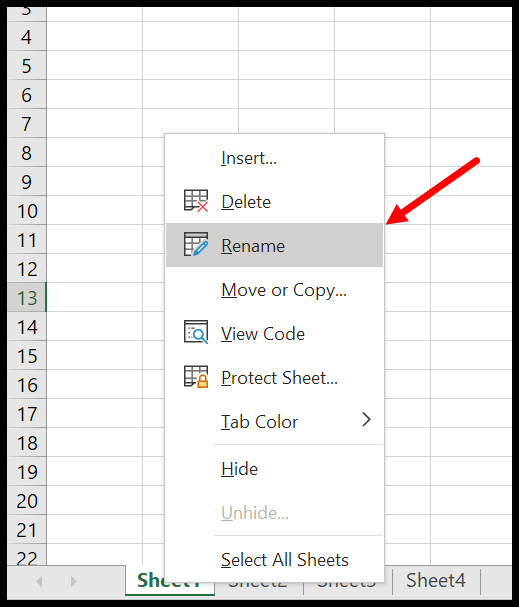Pre-Approval Paperwork: What You Need to Know

In the exciting journey of homeownership, one of the critical milestones is securing pre-approval for your mortgage. This process, often referred to as pre-approval paperwork, is more than just a formality; it's a strategic step that sets the stage for a successful home purchase. Here, we'll dive into what pre-approval entails, why it's essential, and how you can navigate through it seamlessly.
What is Pre-Approval?

Pre-approval is a lender’s preliminary agreement to grant you a loan up to a specific amount, based on a preliminary review of your financial situation. This isn’t a guarantee, but it gives you a realistic view of what you can afford and signals to sellers that you’re a serious buyer.
Benefits of Pre-Approval

- Establish Budget: It helps you know how much you can spend, ensuring you look for properties within your price range.
- Competitive Edge: In a competitive market, pre-approval can make your offer more attractive as it shows you’re prepared to move forward with the purchase.
- Negotiation Power: With pre-approval in hand, you’re in a stronger position to negotiate the price and terms of the sale.
- Time-saving: You won’t waste time falling in love with homes you can’t afford.
Documents Needed for Pre-Approval

When preparing for your pre-approval application, here’s what you’ll need:
- Proof of Income:
- Recent pay stubs for the last two months.
- Recent W-2s or tax returns for at least two years.
- If self-employed, bank statements, and profit and loss statements might be required.
- Assets:
- Bank statements from the last two to three months.
- Retirement or investment account statements.
- If you have significant assets like a car or property, documentation proving ownership and value might be helpful.
- Credit Information:
- Your lender will pull your credit score, so ensure your credit is in good shape.
- A list of all debts with minimum monthly payments and current balances.
- Personal Identification:
- A valid driver’s license, passport, or other government-issued ID.
The Pre-Approval Process

Here’s a step-by-step look at the pre-approval process:
- Choose a Lender: Research and select a lender that fits your needs. Look at interest rates, fees, customer service, and loan terms.
- Application Submission: Fill out an application providing all necessary financial details.
- Provide Documentation: Submit the required documents. Your lender will review these to verify your financial status.
- Review and Assessment: The lender assesses your financial strength, including credit score, debt-to-income ratio, and income stability.
- Pre-Approval Letter: If everything looks good, you receive a pre-approval letter, which usually lasts 60 to 90 days.
💡 Note: Pre-approval letters are not final mortgage approvals. Changes in your financial situation or job status could affect the final approval.
Common Pre-Approval Hurdles

- Credit Issues: A low credit score can impact your pre-approval chances. Address any credit problems before applying.
- High Debt-to-Income Ratio: Lenders might be hesitant if you’re carrying significant debt. Pay down what you can before applying.
- Income Fluctuations: Lenders prefer stable income. If you’re self-employed or have variable income, prepare for additional documentation.
Once you've navigated through the pre-approval process, you'll have a clearer picture of your home-buying potential. It's a pivotal moment where dreams start to materialize into tangible plans. This journey requires patience and attention to detail, but the reward of finding and securing your new home makes it all worth it. Understanding the nuances of pre-approval paperwork not only streamlines your home search but also strengthens your position in the real estate market, setting you up for a successful and enjoyable home-buying experience.
How long does pre-approval take?

+
Generally, the pre-approval process can take anywhere from 24 hours to a week, depending on the lender’s workload and the accuracy of the documents you provide.
Can pre-approval impact my credit score?

+
Yes, pre-approval requires a hard inquiry into your credit, which can temporarily lower your score by a few points. However, this impact is usually minimal and lasts only for a short period.
Is pre-approval necessary before house hunting?

+
While not mandatory, pre-approval is highly recommended. It not only informs you of your budget but also makes you a more competitive buyer, giving you the upper hand in negotiations.



